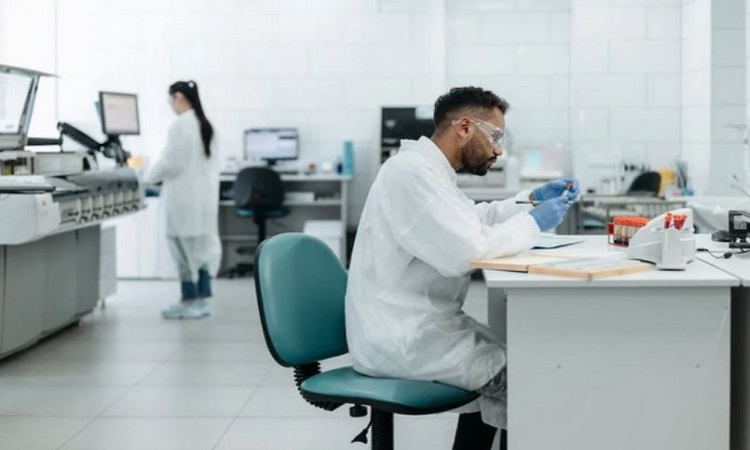
New Jersey: According to a phase II clinical study, psilocybin, a hallucinogenic chemical found in several mushrooms of the genus Psilocybe, may help persons suffering from cancer and severe depression">depression.
When trial participants were interviewed at the conclusion of the experiment, they not only reported a decrease in depressive symptoms, but they also spoke positively about the therapy. Wiley published the findings in two pieces that appeared online in CANCER, a peer-reviewed journal of the American Cancer Society.
Psilocybin can influence mood, cognition, and perception by attaching to a specific subtype of serotonin receptor in the brain. Psilocybin is now classed as a Schedule I substance, which means it has no established medicinal value and a significant potential for abuse.
In this latest phase II open-label trial involving adults with cancer and major depression">depression">depression">depression, 30 participants at Sunstone Therapies in Rockville, Maryland received a single 25 mg dose of synthesized psilocybin plus a 1:1 session with a therapist and group therapy support.
"This study was differentiated by its group approach. Cohorts of 3-4 patients were simultaneously treated with 25 mg of psilocybin in adjacent rooms open at the same time, in a 1:1 therapist:patient ratio. The cohorts had preparation for the therapy as well as integration sessions following the psilocybin session as a group," explained lead author Manish Agrawal, MD, of Sunstone Therapies.
Participants enrolled had moderate to severe depression">depression scores at baseline. After eight weeks of treatment, Dr. Agrawal and his colleagues observed that patients' depression">depression severity scores dropped by an average of 19.1 points, a magnitude that would indicate the majority no longer experienced depression">depression.
Furthermore, 80% of participants experienced a sustained response to treatment, and 50% showed full remission of depressive symptoms after one week, which was sustained for eight weeks. Treatment-related side effects such as nausea and headache were generally mild.
"As an oncologist for many years, I experienced the frustration of not being able to provide cancer care that treats the whole person, not just the tumor," said Dr. Agrawal. "This was a small, open-label study and more research needs to be done, but the potential is significant and could have implications for helping millions of patients with cancer who are also struggling with the severe psychological impact of the disease."
Dr. Agrawal is also the senior author of a second study led by Yvan Beaussant, MD, MSc, of Dana-Farber Cancer Institute that gathered input from patients in the trial during exit interviews. Participants described generally positive experiences. In terms of safety, they noted that being a part of the group calmed their fears and increased their sense of preparedness to engage in therapy.
Regarding therapeutic efficacy, they felt that being connected to the group deepened and enriched their experience, ultimately contributing to their experience of self-
transcendence and compassion for one another. Also, the use of both individual and group sessions was found to support the therapy in different ways. For example, the implementation of individual and group sessions allowed the therapy to remain an intimate introspective process while adding a sense of "togetherness" to it.
"As a hematologist and palliative care physician and researcher, it was profoundly moving and encouraging to witness the magnitude of participants' improvement and the depth of their healing journey following their participation in the trial.
Participants overwhelmingly expressed positive sentiments about their experience of psilocybin-assisted therapy while emphasizing the importance of the supportive, structured setting in which it took place," said Dr. Beaussant.
"Many described an ongoing transformative impact on their lives and well-being more than two months after having received psilocybin, feeling better equipped to cope with cancer and, for some, end of life." (ANI)







